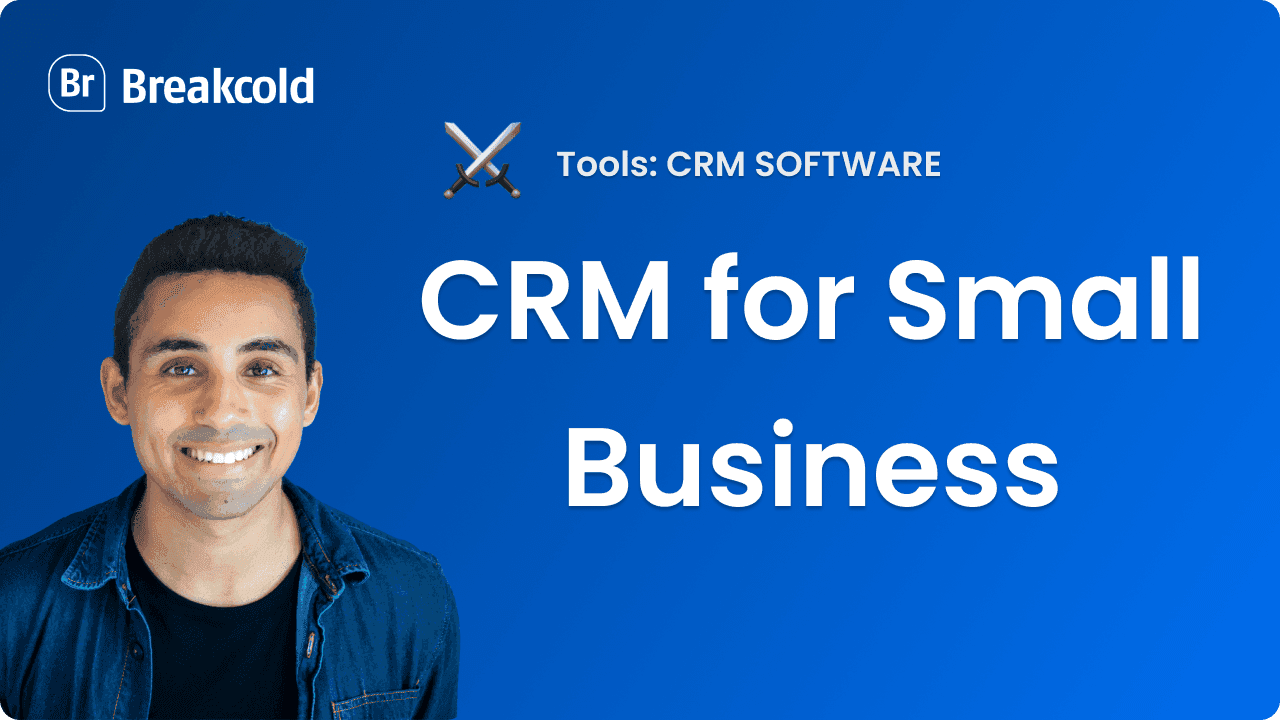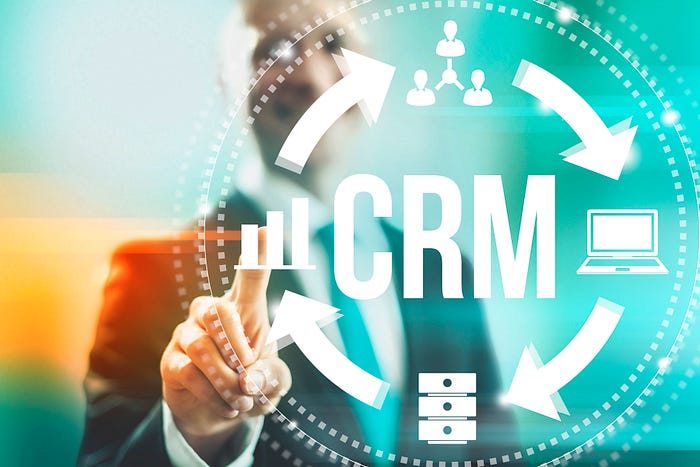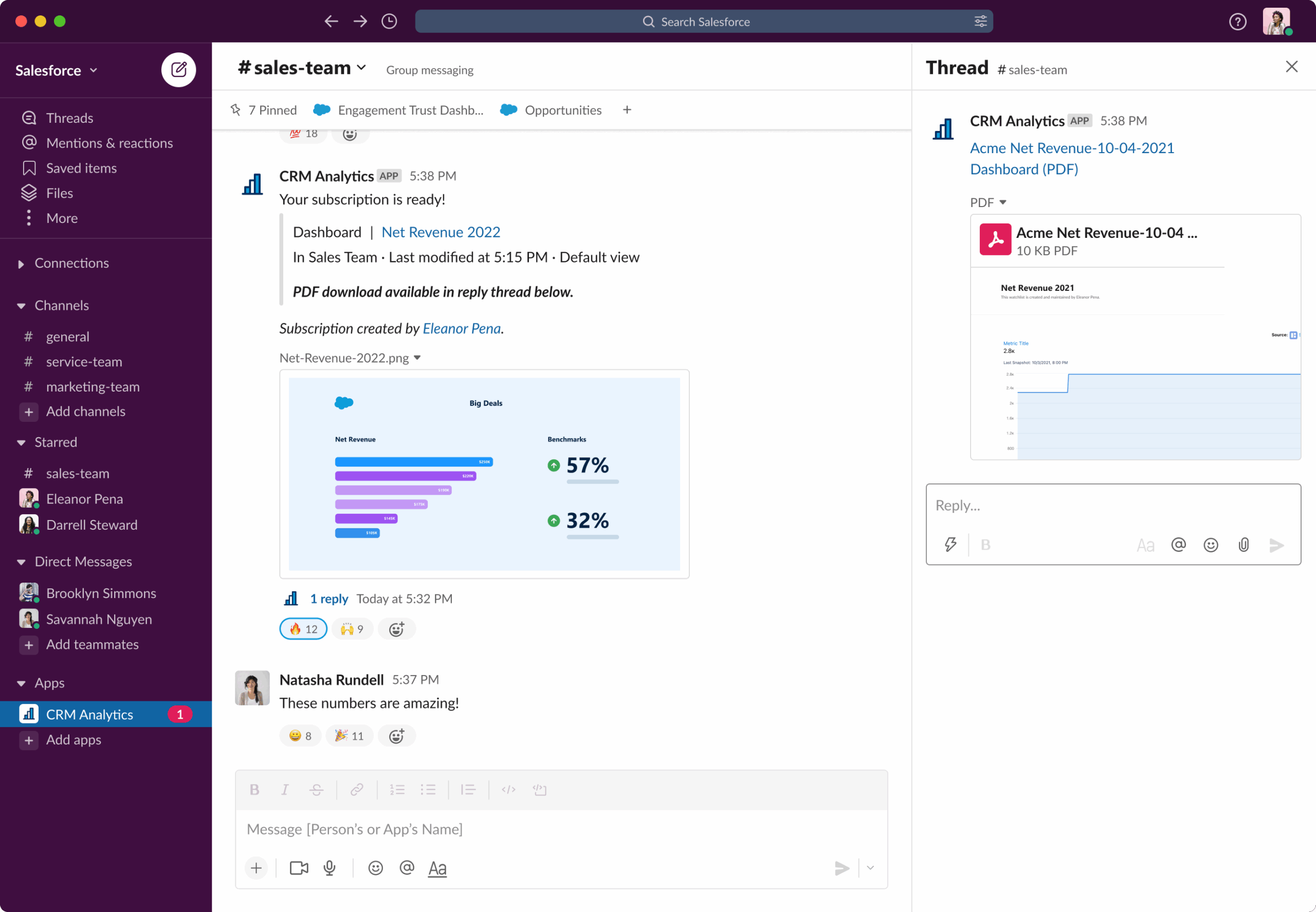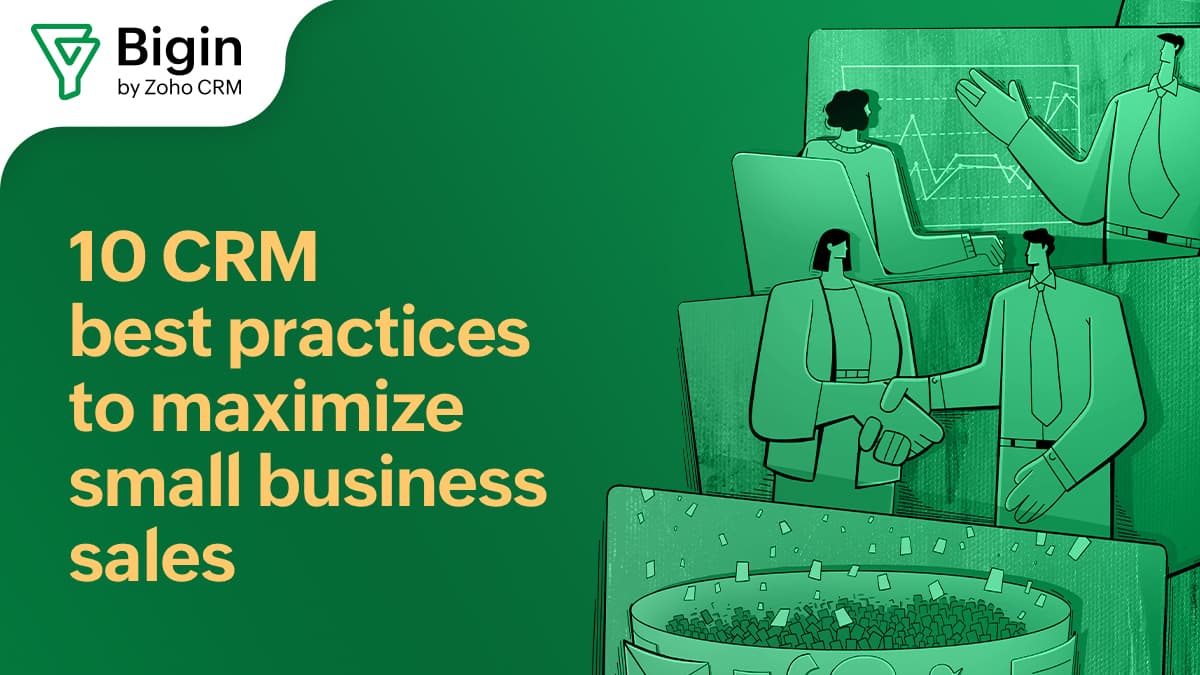Fortifying Your Fortress: A Small Business Guide to CRM Security
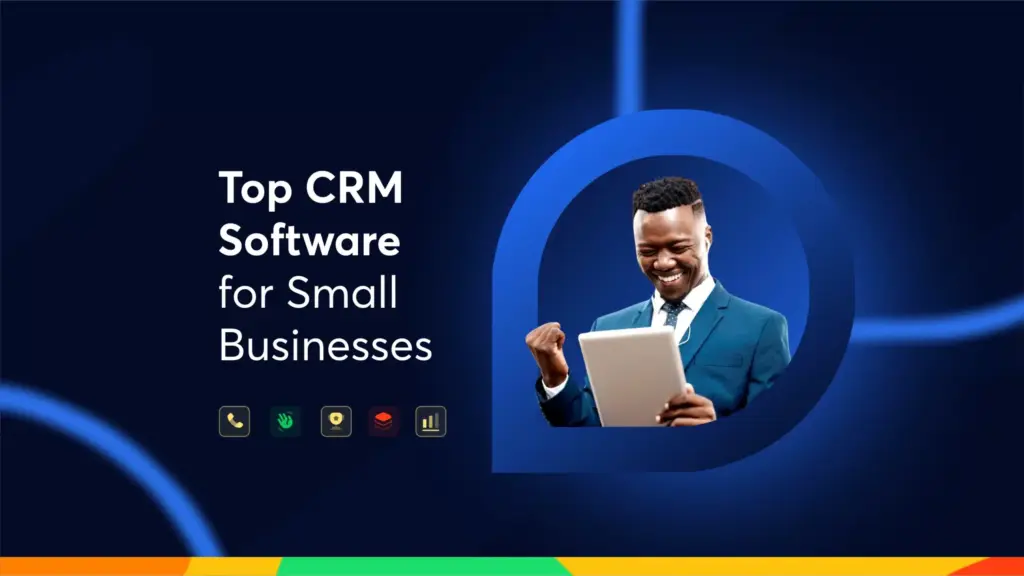
Introduction: The Security Imperative in the CRM Age
In today’s fast-paced business environment, Customer Relationship Management (CRM) systems have become indispensable tools for small businesses. They serve as the central nervous system, managing everything from customer interactions and sales pipelines to marketing campaigns and support tickets. But with great power comes great responsibility, and in the context of CRM, that responsibility includes safeguarding sensitive customer data. This is where CRM security comes into play – a critical, often overlooked aspect of running a successful small business. This article serves as your comprehensive guide to understanding and implementing robust CRM security measures, ensuring your business not only thrives but also maintains the trust of your customers.
The digital landscape is rife with threats. Cybercriminals are constantly evolving their tactics, making small businesses prime targets. Why? Because small businesses often lack the sophisticated security infrastructure of larger corporations, making them easier prey. A data breach can cripple a small business, leading to financial losses, reputational damage, and legal repercussions. It can mean the end for some. Therefore, prioritizing CRM security isn’t just a good practice; it’s a survival strategy. This guide will delve into the various facets of CRM security, providing actionable insights and best practices to fortify your digital fortress.
Understanding the Landscape of CRM Security Threats
Before diving into solutions, it’s crucial to understand the threats you’re up against. CRM systems are vulnerable to a variety of attacks, each with the potential to compromise sensitive customer data. Here’s a breakdown of the most common threats:
1. Data Breaches
Data breaches are the most feared consequence of inadequate CRM security. These occur when unauthorized individuals gain access to confidential customer information, such as names, addresses, phone numbers, email addresses, financial details, and even social security numbers. Data breaches can result from various vulnerabilities, including:
- Weak Passwords: Using easily guessable passwords or reusing the same password across multiple accounts makes your CRM system vulnerable.
- Phishing Attacks: Cybercriminals often use phishing emails to trick employees into revealing their login credentials or installing malware.
- Malware Infections: Malware, such as viruses and spyware, can infect your systems and steal sensitive data.
- Insider Threats: Disgruntled employees or those with malicious intent can intentionally steal or leak customer data.
- Software Vulnerabilities: Security flaws in your CRM software can be exploited by hackers.
2. Ransomware Attacks
Ransomware is a type of malware that encrypts your data and demands a ransom payment in exchange for the decryption key. A ransomware attack can cripple your business operations, as you’ll be unable to access your CRM data. The consequences can be devastating, including:
- Business Interruption: Your sales, marketing, and customer service operations will be severely disrupted.
- Financial Loss: You’ll incur costs associated with ransom payments, data recovery, and legal fees.
- Reputational Damage: Customers may lose trust in your business if their data is compromised.
3. Denial-of-Service (DoS) and Distributed Denial-of-Service (DDoS) Attacks
DoS and DDoS attacks aim to overwhelm your CRM system with traffic, making it unavailable to legitimate users. While these attacks don’t directly steal data, they can disrupt your business operations and prevent you from providing customer service. These attacks can originate from a single source (DoS) or multiple sources (DDoS).
4. Social Engineering Attacks
Social engineering attacks rely on tricking employees into divulging sensitive information or performing actions that compromise security. These attacks often involve impersonation, manipulation, and persuasion. Examples include:
- Pretexting: Creating a false scenario to trick someone into revealing information.
- Baiting: Offering something enticing to lure a victim into a trap (e.g., a free download that contains malware).
- Quid Pro Quo: Offering a service in exchange for information.
5. Third-Party Risks
Many small businesses rely on third-party vendors and integrations to enhance their CRM functionality. However, these third parties can also pose security risks. If a third-party vendor experiences a data breach, your CRM data could be exposed. It’s crucial to vet your vendors and ensure they have robust security measures in place.
Essential CRM Security Best Practices for Small Businesses
Now that we’ve explored the threats, let’s delve into the best practices you can implement to protect your CRM system and customer data. These practices cover a range of areas, from access control and data encryption to employee training and vendor management.
1. Strong Password Policies and Multi-Factor Authentication (MFA)
This is the first line of defense. Enforce strong password policies for all CRM users. Passwords should be complex, unique, and regularly updated. Consider implementing MFA, which requires users to provide two or more verification factors (e.g., a password and a code from a mobile app) to access the system. This significantly reduces the risk of unauthorized access, even if a password is compromised. Many CRM platforms offer built-in MFA options; if not, explore third-party solutions.
2. Access Control and User Permissions
Implement the principle of least privilege, which means users should only have access to the data and features they need to perform their job duties. Regularly review user permissions and remove access for employees who no longer require it. This minimizes the risk of data breaches caused by insider threats or compromised accounts.
3. Data Encryption
Encrypting your CRM data is crucial for protecting it from unauthorized access. Encryption transforms data into an unreadable format, so even if a hacker gains access to your database, they won’t be able to understand the information. Encryption should be applied to data both in transit (e.g., when data is being transferred over the internet) and at rest (e.g., when data is stored in your database). Choose a CRM platform that offers robust encryption capabilities, and ensure you understand how it works.
4. Regular Data Backups and Disaster Recovery Plans
Back up your CRM data regularly and store the backups in a secure, offsite location. This ensures you can recover your data in the event of a data breach, hardware failure, or natural disaster. Develop a comprehensive disaster recovery plan that outlines the steps you’ll take to restore your CRM system and data in case of an emergency. Test your backups and recovery plan periodically to ensure they work as expected.
5. Security Audits and Vulnerability Scanning
Conduct regular security audits and vulnerability scans to identify potential weaknesses in your CRM system. Security audits involve a comprehensive review of your security controls and practices, while vulnerability scans automatically identify known vulnerabilities in your software and hardware. Address any vulnerabilities promptly to reduce your risk of being attacked.
6. Employee Training and Awareness Programs
Your employees are your first line of defense against cyberattacks. Train them on security best practices, such as how to identify phishing emails, create strong passwords, and protect sensitive data. Conduct regular security awareness training to keep employees informed of the latest threats and how to avoid them. Make sure all employees, from the CEO to the newest intern, are aware of security protocols.
7. Software Updates and Patch Management
Keep your CRM software and all related software (e.g., operating systems, web browsers) up to date with the latest security patches. Software vendors regularly release patches to fix vulnerabilities, so it’s essential to install these patches promptly. Automate the patching process whenever possible to ensure that updates are applied consistently and efficiently. Failing to update software is like leaving the front door unlocked.
8. Secure Your Network and Infrastructure
Protect your network and infrastructure with firewalls, intrusion detection systems, and other security measures. Firewalls act as a barrier between your network and the internet, blocking unauthorized access. Intrusion detection systems monitor your network for suspicious activity and alert you to potential threats. Regularly review your network security configuration and make any necessary adjustments.
9. Vendor Risk Management
Thoroughly vet your third-party vendors and integrations. Ensure they have robust security measures in place to protect your data. Review their security policies, conduct due diligence, and request proof of their security certifications. Establish a vendor risk management program to monitor your vendors’ security practices and address any potential risks. Make sure your contracts include security clauses.
10. Incident Response Plan
Develop a comprehensive incident response plan that outlines the steps you’ll take in the event of a data breach or other security incident. The plan should include procedures for identifying, containing, eradicating, and recovering from the incident. It should also specify who is responsible for each step of the process and how to communicate with stakeholders, including customers, regulators, and the media. Practice the incident response plan regularly to ensure your team is prepared to handle a security incident effectively.
Choosing a CRM System with Security in Mind
Not all CRM systems are created equal when it comes to security. When selecting a CRM platform, consider the following security features:
- Data Encryption: Does the platform offer robust data encryption capabilities, both in transit and at rest?
- Access Control: Does the platform allow you to control user permissions and implement the principle of least privilege?
- Multi-Factor Authentication (MFA): Does the platform support MFA to enhance security?
- Security Certifications: Does the platform have any security certifications, such as SOC 2 or ISO 27001? These certifications demonstrate that the platform has been independently audited and meets industry-standard security requirements.
- Regular Security Updates: Does the vendor regularly release security updates and patches to address vulnerabilities?
- Data Backup and Recovery: Does the platform offer automated data backup and recovery features?
- Audit Trails: Does the platform provide audit trails to track user activity and identify potential security breaches?
- Compliance with Regulations: Does the platform comply with relevant data privacy regulations, such as GDPR and CCPA?
Research different CRM platforms and compare their security features. Read reviews and testimonials from other small businesses to get an idea of their experiences with the platform’s security. Don’t hesitate to ask the vendor detailed questions about their security practices and policies. Choosing a secure CRM platform from the start can save you a lot of headaches and costs down the road.
The Role of Compliance in CRM Security
Compliance with data privacy regulations, such as GDPR (General Data Protection Regulation) and CCPA (California Consumer Privacy Act), is an integral part of CRM security. These regulations impose specific requirements for protecting customer data, including:
- Data Minimization: Collecting only the data that is necessary for your business operations.
- Data Security: Implementing appropriate security measures to protect customer data from unauthorized access, disclosure, or loss.
- Data Subject Rights: Providing customers with the right to access, rectify, and erase their personal data.
- Data Breach Notification: Notifying data protection authorities and affected individuals of data breaches within a specified timeframe.
Ensure your CRM system and security practices comply with all relevant data privacy regulations. This will not only protect your business from legal penalties but also build trust with your customers. Consult with a legal professional to ensure your compliance efforts are comprehensive.
Ongoing Monitoring and Maintenance: A Continuous Process
CRM security is not a one-time fix; it’s an ongoing process that requires continuous monitoring and maintenance. Regularly review your security controls and practices to ensure they are effective. Stay up-to-date on the latest security threats and vulnerabilities. Conduct regular security audits and vulnerability scans. Train your employees regularly. Adapt your security measures as your business grows and as the threat landscape evolves. Here are some key ongoing activities:
- Regularly Review Access Logs: Monitor user activity logs to identify any suspicious behavior.
- Conduct Penetration Testing: Hire a security professional to conduct penetration testing to simulate real-world attacks and identify vulnerabilities.
- Stay Informed: Keep abreast of the latest security threats and vulnerabilities by reading industry publications, attending security conferences, and participating in online forums.
- Update Security Policies: Regularly update your security policies and procedures to reflect changes in the threat landscape and your business operations.
- Test Your Incident Response Plan: Conduct regular exercises to test your incident response plan and ensure your team is prepared to handle a security incident.
By adopting a proactive and continuous approach to CRM security, you can significantly reduce your risk of data breaches and other security incidents.
Conclusion: Securing Your Future with Robust CRM Security
CRM systems are invaluable assets for small businesses, but their value is inextricably linked to the security of the data they contain. Implementing robust CRM security measures is not just a technical requirement; it’s a fundamental aspect of building and maintaining customer trust, protecting your business’s reputation, and ensuring its long-term success. This guide has provided a roadmap for fortifying your CRM system, from understanding the threats to implementing best practices. By following these recommendations, small businesses can create a secure environment, protect sensitive customer data, and navigate the digital landscape with confidence. Remember, the investment in CRM security is an investment in the future of your business. Embrace the challenge, prioritize security, and build a CRM environment that is both powerful and secure.

